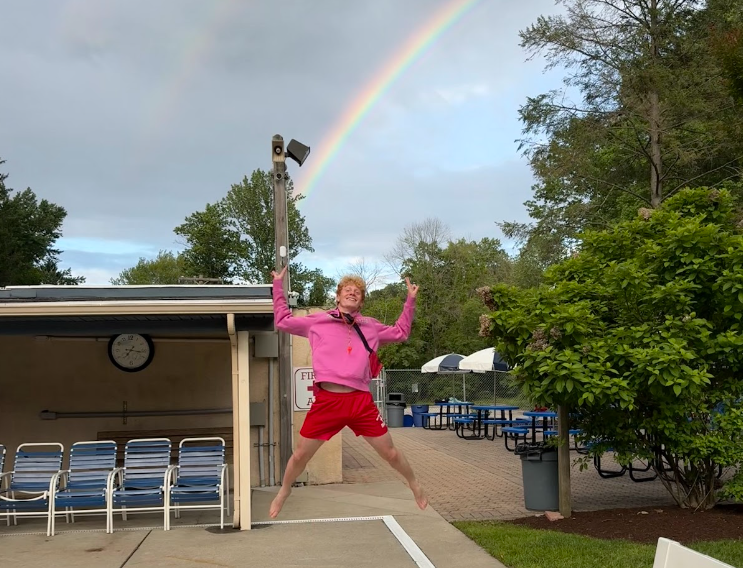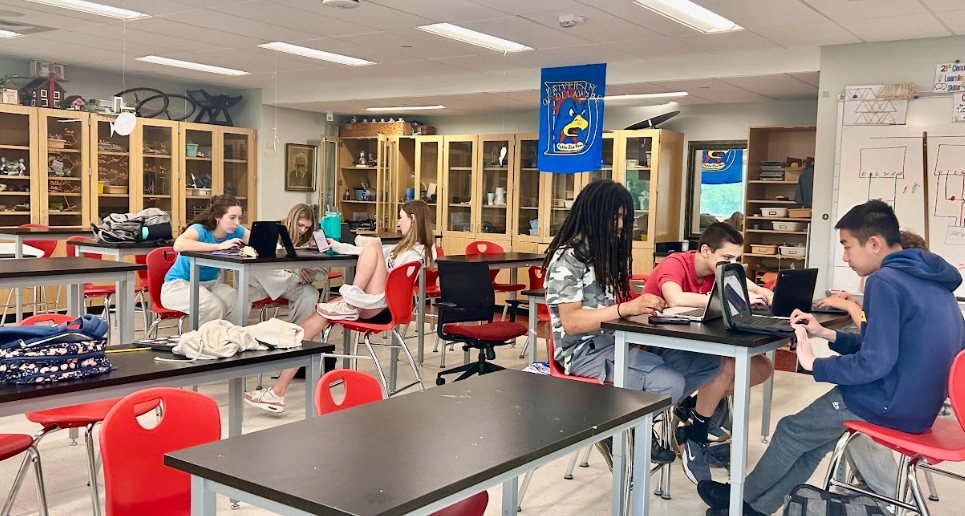Many fellow students have noted that Haverford High is experiencing a surge of new charitable clubs, but is there a correlation between the creation of clubs and the increase in competition between students to get into a college of their choice? Of all of Haverford’s clubs, 18% are charities, and 33% of those clubs are less than three years old.
The hallways are riddled with posters for clubs like Heifer International, an international non-profit dedicated to ending world hunger, BuildOn, a club that promotes literacy and community involvement in the United States and builds schools in developing countries, and The Unless Club, a charity run by the Philadelphia Zoo that works on the prevention of habitat destruction.
While the founders of these clubs surely have some strain of authentic altruism, the dedication of the members of these clubs comes into question. There are many students who seem almost desperate in their attempts to acquire a stash of extracurricular activities and service hours, the goal of which is most likely to build up high school resumes for college applications. Regardless, kids are starting and joining clubs left and right.
Natalie Woodman, sophomore founder of Haverford’s Red Cross Club, said, “Honestly, I just saw that there wasn’t anything like it and I thought there should be.” Woodman had no previous experience with the Red Cross charity and chose it because it was “a big name in charity.”
Woodman is also a participant in cross country, track, chorus, the Interact community service club, and Student Senate. She is the perfect example of the kind of involvement students are pressured into. That is not to say that there is no honor in ambition, but in certain situations it is unjustifiably phony and childish to be fanning the student ego with a quantity of ostentatious gold stars.
The question is, are teenagers truly growing out of their characteristic apathy and interesting themselves in the pursuit of charity? Or, are they simply attempting to demonstrate initiative or morality to the increasingly judgmental admissions departments at universities across the nation?
According to a 2010 survey by DoSomething, an organization that encourages young people to volunteer and contribute to their communities, 70 percent of admissions officers said that they prefer to see a student who is passionate about and dedicated to one cause rather than a checked off list of community service opportunities and clubs.
In a way this makes the push for community service seem genuine, but at the same time, the same admissions officers preferred seeing students who took “a founder’s role innovating a new idea or project.” This added pressure seems to contribute to the push to create new charities and clubs rather than become a passionate member of an existing organization.
Blogger and journalist for such publications as The Daily Beast and Newsweek, Megan McArdle, raised the following question in her article, “The Absurd Lies of College Admissions”: Why not give kids a bonus for showing up to a routine job during high school, like real people, instead of for having wealthy parents who can help you tap their affluent social network for charitable donations?
This isn’t necessarily to say that it’s wrong for young people to involve themselves in charities with ulterior motives. If the charities are receiving money and support, and it is helping students get into college, no harm is done. If, during their engagement in spurious charity, they eventually realize the power that helping others has to give life meaning and purpose, then society could be recruiting a generation of lifelong do-gooders.









